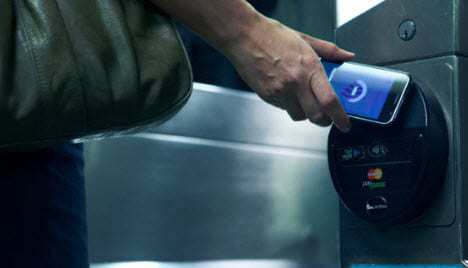Visa and MasterCard have both announced that they are seeing meaningful growth in the country.
Both Visa and MasterCard have announced that the penetration of smartphones in Myanmar will considerably decrease the use of cash in the country, particularly when wireless networks roll out the use of mobile payments in this poorest country in Southeast Asia.
These two largest electronic transaction companies have emphasized the massive potential in Myanmar.
The credit card companies have pointed out that the government of the country is also looking to grant two more telecommunications licenses by the end of June, which will only broaden the opportunity for mobile payments. As a fixed infrastructure for transactions is not in place, it means that it will be much more openness for acceptance of the technology.
 The lack of competition will be very important to the adoption of mobile payments in the country.
The lack of competition will be very important to the adoption of mobile payments in the country.
According to the head of Southeast Asia at MasterCard, Matthew Driver, “In markets where you don’t have that fixed infrastructure in place, it may well be that mobile acceptance is going to be the way to go.” He added that “There’s a great opportunity to leapfrog.”
As smartphones become more widely available to the population of Myanmar, where most transactions are currently made in cash, these international giants predict that mobile payments will take off quite naturally. At the moment, fewer than one in ten people in the country have cell phones. However, as wireless network contracts build, it is likely that the use of these devices among the 64 million people in the country will grow extremely rapidly.
This trend has already been seen in several African countries, for example, Kenya. As the use of smartphones rose, mobile payments and money transfer systems went into place and are now used for over $900 million in monthly transactions. A number of these economies have jumped forward tremendously in only a single generation, having never even had fixed line connections but now having mobile handsets in the majority of cases. They entirely skipped the fixed lines from the last couple of decades of the last century.
